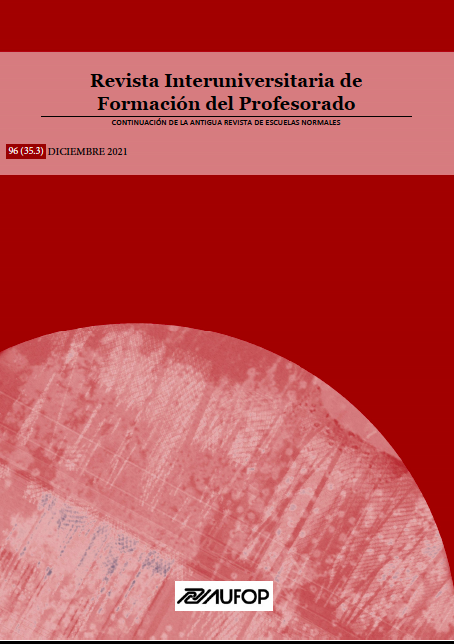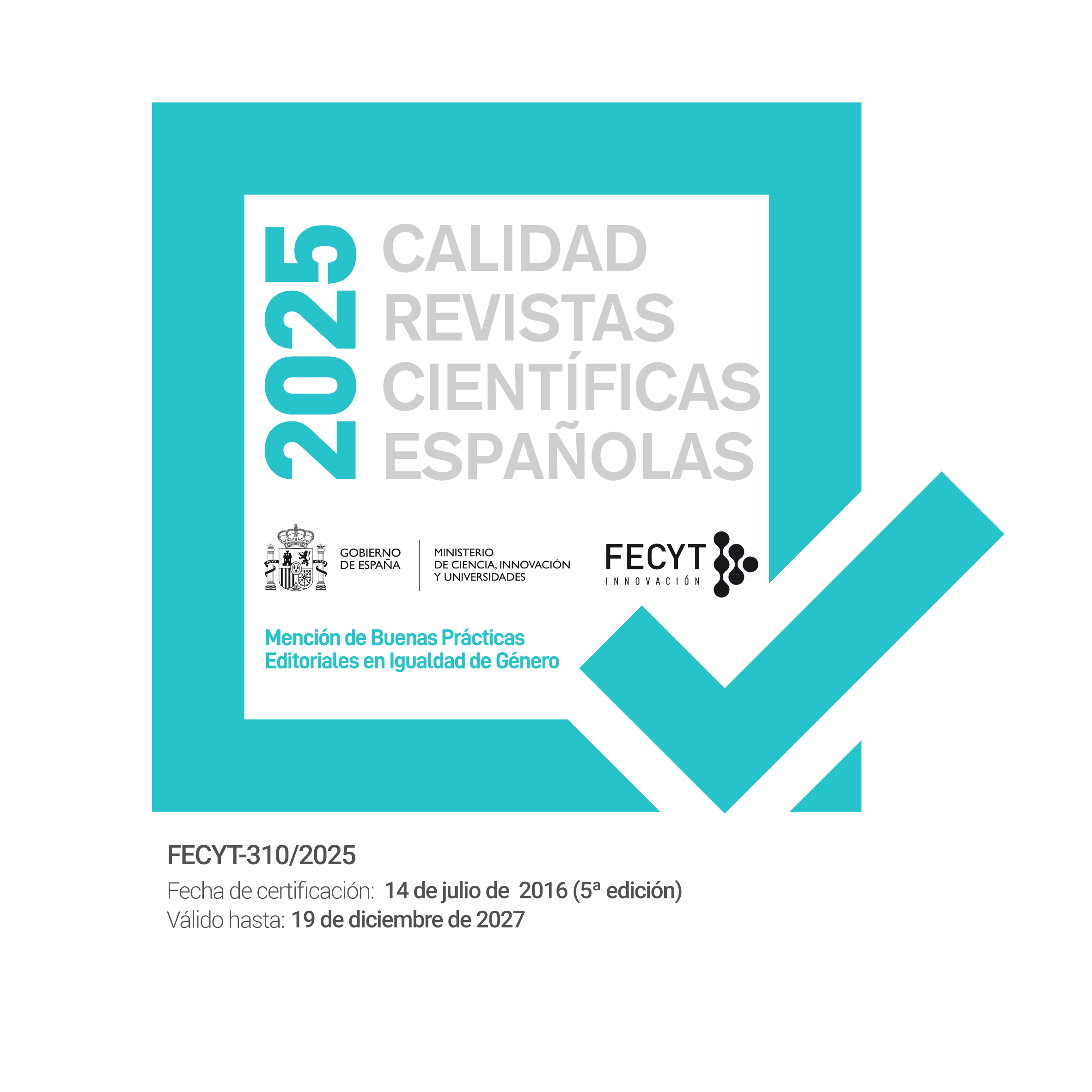Concepciones del profesorado en formación inicial acerca del patrimonio local:
Un análisis a partir del diseño de itinerarios
DOI:
https://doi.org/10.47553/rifop.v96i35.3.91757Abstract
En este trabajo se estudian las concepciones de futuros docentes de Educación Primaria acerca del patrimonio local. Participan 159 alumnos y alumnas y se analizan 31 recorridos didácticos de distintas localidades vizcaínas, categorizando los elementos patrimoniales que integran en los mismos. Los resultados sugieren que la conceptualización mayoritaria del patrimonio se corresponde con elementos de tipo material, relacionados con la tipología histórico-artística y la perspectiva temporal, y que son reconocidos sobre todo a escala local. Se concluye que, al introducir el patrimonio local en los programas de formación inicial docente, se fomenta una mirada más diversa hacia el mismo, poniendo de manifiesto su valor para enseñar historia y para forjar una identidad propia.
Downloads
Veröffentlicht
Zitationsvorschlag
Ausgabe
Rubrik
Lizenz
The "Revista Interuniversitaria de Formación del Profesorado (RIFOP)", with ISSN print 0213-8646 and ISSN electronic 2530-3791), adheres to the copyright notices proposed by Creative Commons
Authors’ rights
Papers published in the journal are subject to the following terms:
1. The Asociación Universitaria de Formación del Profesorado (AUFOP) is the editor of the RIFOP and holds the copyright of the papers published therein. The reuse of these is allowed under the license for use as indicated under point 2.
© Asociación Universitaria de Formación del Profesorado (AUFOP)
2. The papers are published in electronic version under the license CreativeCommons Reconocimiento-NoComercial-SinObraDerivada 3.0 España (texto legal). Papers can be copied, used, disseminated, transmitted and publicly exhibited provided that: i) the authorship and original publication source are cited (journal, editors and URL of the paper); ii) they are nit used for commercial gain; iii) the existence and specifications of the license for use are mentioned.
3. Auto-archiving conditions. Authors are allowed and encouraged to disseminate electronic pre-print versions (versions prior to peer review) and/or post-print (versions reviwed and accepted for publication) of their papers prior to their publication, since this favors prompt circulation and dissemination and supposes a possible increase in cites and scope within the academic community.
Privacy declaration
The names and email addresses incorporated into this journal will be used solely for the declared purposes of the journal and will not be available for any other purposes or to third parties.






